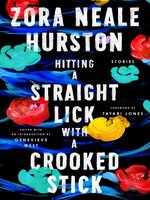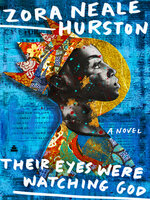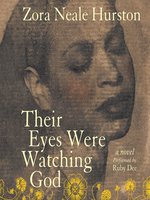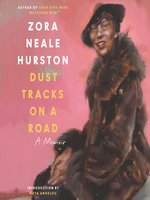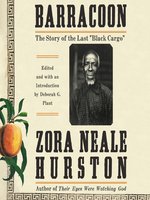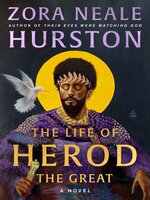-
1
-
2
-
3
-
4
-
5
-
6
-
7
-
8
-
9
-
10
-
11
-
12
-
13
-
14
-
15
-
16
-
17
-
18
-
19
-
20
Search tools:
Get RSS feed
–
Email this search
Related Subjects
African Americans
African American women
History
Nonfiction
African American authors
Folklore
Self-realization
American fiction
Books and reading
Cherokee (North American people)
Enslaved persons
FICTION
Historical Fiction
Large type books
Literature
Love
Psychological fiction
Slave ships
Slave trade
Slavery
West Africans
Women authors
African American & Black
African American girls
African Americans in literature
American
American literature
Animals
Anthologies (multiple authors)
Artists

